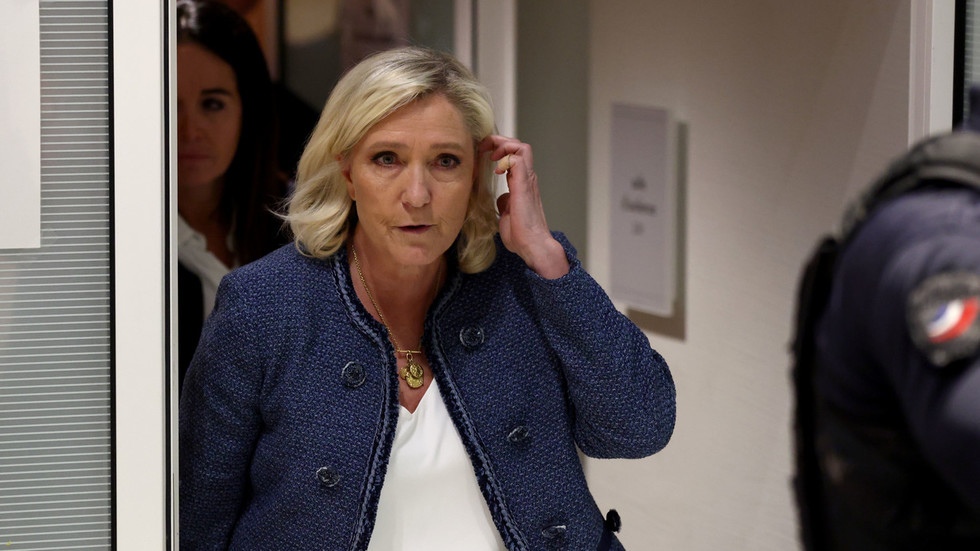The Budget Committee of the Bundestag, Germany's lower house of parliament, has approved €3 billion ($3.25 billion) in additional military aid for Ukraine in 2025 and another €8.3 billion from 2026 to 2029.
The €3 billion package comes on top of €4 billion in military aid to Ukraine already planned in the 2025 budget. The additional funds had been on hold for months amid disagreements that eventually led to the collapse of the coalition government headed by outgoing Chancellor Olaf Scholz.
The final approval by the upper house of the German parliament on Friday of a major new spending package that also eased the country's strict debt rules for defense spending was key to Germany being able to provide the additional funding.
What will the aid package include?
A spokesman for Defense Minister Boris Pistorius said the equipment to be delivered to Ukraine would consist of Iris-T air defense systems, guided missiles, surveillance radars, drones, combat vehicles and light weapons.
Meanwhile, German government spokesman Steffen Hebestreit said the German-made Iris-T air defense systems had yet to be built and would be delivered over the next two years.
Greens MP Britta Hasselmann, whose party has been pushing hard for aid to Ukraine, said she was relieved that the new billions were being released, "albeit late," calling it "a strong signal to Ukraine, a signal that is absolutely necessary for peace and security in Europe."
Germany's IRIS-T helps Ukraine protect vital infrastructure
Uncertainty over Western aid for Ukraine
Germany has been Ukraine's second-largest supplier of military aid, after the United States, to the tune of some €28 billion since Russia launched its full-scale invasion more than three years ago.
But the situation has changed dramatically since US President Donald Trump reached out to Russia's Vladimir Putin this year to end the war, even temporarily freezing military aid to Ukraine.
As the US scales back its support for Kyiv, European allies are trying to fill the void. Germany's likely chancellor-in-waiting, Friedrich Merz, whose conservatives won elections in February and are in coalition talks with Scholz's SPD, also vowed that Germany would keep supporting Kyiv.
Edited by: Sean Sinico

 By Deutsche Welle (World News) | Created at 2025-03-21 16:31:01 | Updated at 2025-04-06 04:55:12
2 weeks ago
By Deutsche Welle (World News) | Created at 2025-03-21 16:31:01 | Updated at 2025-04-06 04:55:12
2 weeks ago








